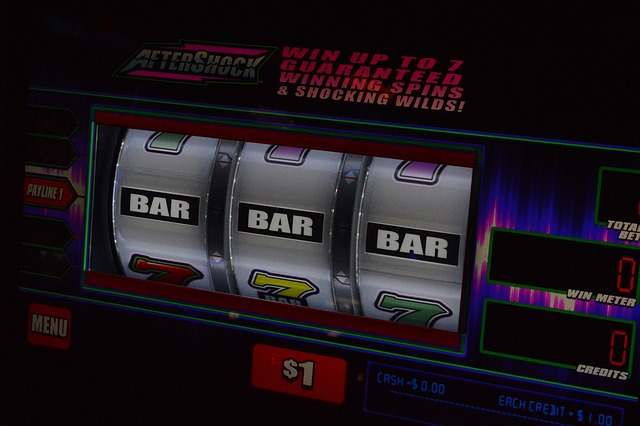Casinos thrive on luck and chance. They promise excitement, entertainment, and big wins. Most of them, like TonyBet Canada, promote responsible gambling and offer help for addiction. But their business depends on keeping players at the tables.
Behind the scenes, they use subtle tactics. These methods manage “problem gamblers.” The goal isn’t to make them stop. It’s to maximize profits before intervention is needed.
The Public Face of Responsible Gambling
Casinos want a reputation for responsible gambling. They fund awareness campaigns. They provide brochures on addiction. They display helpline numbers.
Many laws require staff training. Employees learn to spot compulsive gambling. They are told to intervene when needed. Self-exclusion programs let gamblers ban themselves.
But these measures are often for show. They help casinos look responsible. In reality, problem gamblers bring in big money.
The Reality: Encouraging Heavy Play
Casinos use data to maximize profits. They track every gambler’s behavior. VIP programs and loyalty cards monitor spending. This helps casinos find their most valuable players. Often, these are problem gamblers who lose big over time.
1. Personalized Incentives to Keep Playing
Casinos reward high-stakes gamblers. They offer free hotel stays, meals, and concert tickets. Some even get private jet rides. These perks seem generous, but they serve a purpose. Casinos know these players will lose more than the cost of the gifts.
2. Strategic Interventions
Casinos don’t want big spenders to quit. If a gambler loses too fast, they might step in. A free meal or hotel stay can calm frustration. This keeps the player inside, where they’ll likely keep betting.
3. Manipulative Casino Design
Casinos are built to trap players. There are no windows or clocks, so time fades away. The layout is confusing, making exits hard to find. Bright lights, buzzing sounds, and free drinks keep gamblers in a trance. Logical thinking fades, and impulsive bets continue.
4. Lowering the Perceived Cost of Losses
Casinos replace cash with chips and digital credits. This makes money feel less real. Online gambling goes even further. Digital wallets let players keep betting without feeling the loss.
When Casinos Do Intervene

Casinos know that if a gambler goes completely bankrupt or exhibits extreme distress, it could lead to bad publicity, legal trouble, or regulatory scrutiny. While they may tolerate reckless gambling for a long time, there are points where they quietly intervene.
1. Cutting Off a Gambler—At the Right Moment
Casinos may discreetly suggest that a high-risk gambler “take a break” or step away when they start exhibiting uncontrollable losses. This is often done not out of concern for the gambler but to prevent them from hitting financial rock bottom too soon—ensuring they will still have money to return another day.
2. Using the Self-Exclusion System Selectively
Self-exclusion programs allow gamblers to voluntarily ban themselves from casinos. However, some casinos fail to rigorously enforce these bans, allowing high-rolling problem gamblers back in through loopholes. On the other hand, when a player has lost too much and is no longer profitable, a casino may encourage them to sign up for self-exclusion to avoid liability.
3. The Gentle Escort Out
In extreme cases where a gambler becomes visibly distressed, aggressive, or dangerously reckless, casinos take quiet action. Security may escort them out, but in a way designed to avoid drawing attention. Unlike rowdy or disruptive patrons, problem gamblers are usually handled with care—casinos don’t want to discourage other high rollers by making a public scene.
A System Designed for Profit, Not Prevention
Ultimately, casinos are in the business of making money, not preventing addiction. While they publicly advocate for responsible gambling, their internal systems are designed to maximize player losses. Problem gamblers are both a liability and an asset—casinos want their money but must also avoid the negative consequences of their addiction becoming too severe.
Regulators and advocacy groups continue to push for stronger protections, but until the business model of gambling changes, casinos will always walk a fine line: keeping their biggest spenders playing while managing them just enough to avoid fallout. As gambling continues to evolve, especially with the rise of online betting, understanding these tactics becomes more important than ever for both gamblers and regulators.
If you or someone you know is struggling with gambling addiction, resources are available. The National Council on Problem Gambling (NCPG) and other organizations offer support and help to those in need.









Leave a Reply